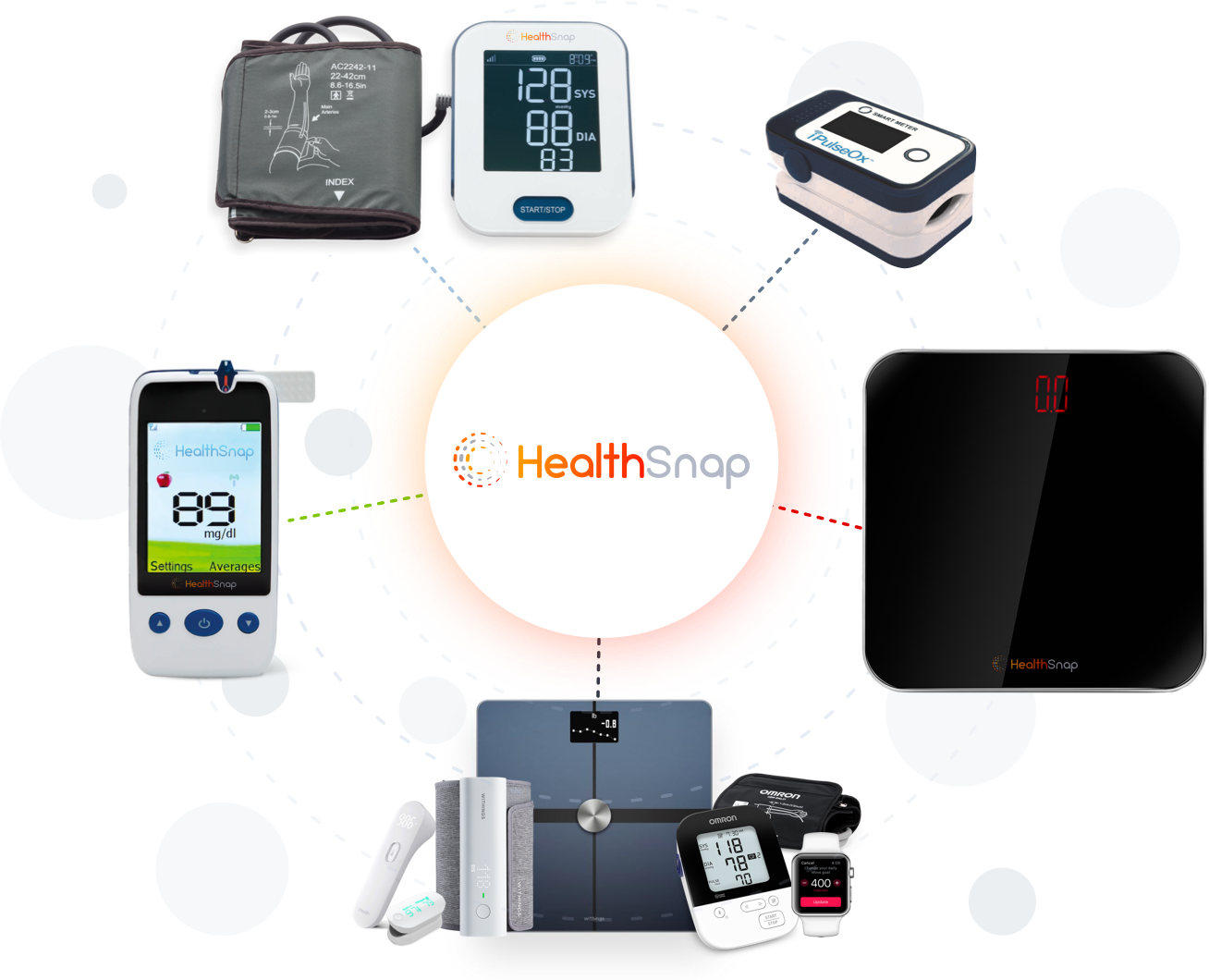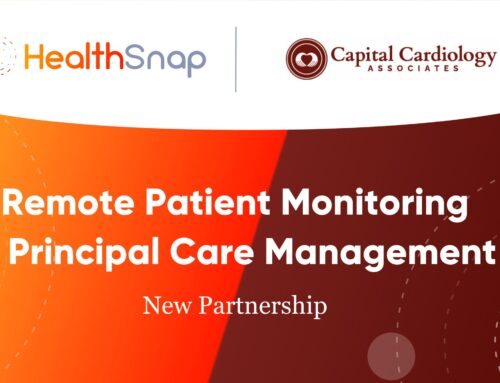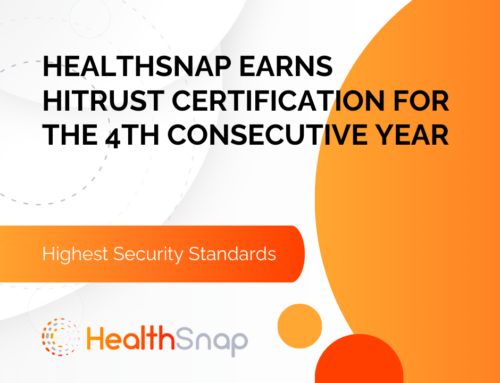Sleep, often perceived as a nightly reprieve from the demands of daily life, is far more than a passive state of rest. It’s a dynamic, active process crucial for the daily restoration of our bodies, orchestrating the production of fundamental hormones. Beyond its role in cellular growth and regeneration, sleep is a linchpin for overall health and well-being. From cognitive performance and physiological processes to emotional regulation and quality of life, the significance of sleep cannot be overstated. In fact, the Centers for Disease Control and Prevention in the United States has declared insufficient sleep a “public health problem,” underscoring the widespread impact of inadequate sleep on society.
The critical interplay of duration, timing, and quality of sleep resonates across the spectrum of human well-being. It extends beyond the realms of personal health to influence performance and safety, as well as chronic health conditions. Studies have unequivocally linked insufficient sleep, whether in the form of short or long durations, with conditions like obesity, type 2 diabetes, hypertension, and cardiovascular diseases among adults.
In this guide, we will examine the profound impact of sleep hygiene on our health, emphasizing its connection to chronic health conditions, and look at how remote monitoring and care management services can support sleep optimization as a healthy lifestyle behavior for long-term well-being.
The Sleep-Cardiometabolic Nexus: Blood Pressure Regulation
The relationship between a good night’s sleep and cardiometabolic health extends its sway over fundamental physiological processes, including blood pressure regulation. Sleep, once viewed as a passive state of repose, is now recognized as a dynamic phase crucial for maintaining optimal blood pressure levels.

Sleep Quality and Hypertension
The duration and quality of sleep are linked to blood pressure regulation. Chronic sleep deprivation and poor sleep quality have been identified as contributing factors to sustained high blood pressure, a key risk factor for cardiovascular diseases. As we assess the sleep-cardiometabolic nexus, it becomes apparent that achieving restorative, high-quality sleep and healthy sleep habits is not just a matter of personal comfort but a vital element in fighting cardiovascular disease.
Sleep Architecture and Blood Pressure Variability
The architecture of sleep hygiene, characterized by cycles of different sleep stages, plays a nuanced role in blood pressure dynamics. Research indicates that disruptions in the normal sleep architecture once you fall asleep, such as those observed in conditions like sleep apnea, can lead to increased blood pressure variability. This variability, when left unchecked, poses an elevated risk for cardiovascular events.

The Role of Circadian Rhythms
Our bodies operate on internal biological clocks, known as circadian rhythms, which regulate various physiological processes, including blood pressure. Disruptions to the natural circadian rhythm, often induced by irregular sleep patterns or shift work, can lead to disturbances in blood pressure regulation. This highlights the importance of not only the duration but also the timing of sleep in maintaining cardiovascular health.
Remote Patient Monitoring Programs and Blood Pressure Insights
Enter Remote Patient Monitoring (RPM) and Care Management Services where cellular blood pressure devices provide insights into patient health between office visits. Ongoing monitoring allows healthcare providers to gain a comprehensive understanding of the patient’s cardiovascular health, allowing for targeted interventions and personalized care plans.
The Sleep-Cardiometabolic Nexus: Glucose Metabolism
In the sleep-cardiometabolic nexus, glucose metabolism can reveal the significant impact of healthy sleep habits on the delicate balance of insulin sensitivity and blood sugar regulation and reduction of diabetes-related risk factors.
Insulin Sensitivity and Sleep Quality
Quality sleep is a key element in maintaining optimal insulin sensitivity. Disruptions in sleep patterns, such as those experienced in conditions like insomnia or sleep apnea, have been linked to impaired insulin function. Inadequate sleep can lead to insulin resistance, a precursor to type 2 diabetes, where the body’s cells become less responsive to the hormone’s regulatory signals.

Sleep Duration, Healthy Sleep Habits and Blood Sugar Levels
Both short and prolonged sleep durations have been associated with disturbances in glucose metabolism. Chronic sleep deprivation can lead to elevated fasting blood sugar levels, disrupting the delicate balance required for efficient glucose utilization. Conversely, excessively long sleep durations have shown similar associations with impaired glucose tolerance, emphasizing the importance of achieving a balanced sleep duration for metabolic health.
Impact on Appetite Hormones
Sleep exerts an influence on hormones regulating appetite, including leptin and ghrelin. Sleep deprivation disrupts the balance of these hormones, leading to increased feelings of hunger and a preference for high-calorie, carbohydrate-rich foods. This altered appetite regulation contributes to weight gain, a risk factor for disturbances in glucose metabolism.
Glycemic Control and Sleep Architecture
The architecture of sleep, with its distinct stages, plays a vital role in glycemic control. Studies suggest that disruptions in sleep architecture, often seen in conditions like obstructive sleep apnea, contribute to fluctuations in blood sugar levels. Understanding and optimizing sleep architecture become pivotal in mitigating the risk of dysregulated glucose metabolism.
Remote Patient Monitoring Programs for Blood Sugar Insights
As we navigate the complex terrain of sleep and glucose metabolism, RPM programs equipped with cellular health devices offer valuable insight. Integrating this information into comprehensive care plans enables a targeted health system approach to managing metabolic health.
The Sleep-Cardiometabolic Nexus: Weight Management
In the sleep-cardiometabolic nexus, weight management plays a key role, revealing how sleep influences appetite regulation, metabolic rate, and the body’s propensity for weight gain or loss.
Hormonal Balance
Sleep orchestrates a delicate hormonal balance that impacts weight management. Leptin, the hormone responsible for signaling satiety, decreases with insufficient sleep, leading to increased feelings of hunger. Conversely, ghrelin, the hunger hormone, rises, creating a physiological environment conducive to overeating and weight gain.

Circadian Rhythms and Metabolic Rate
The body’s circadian rhythms, intricately linked to sleep-wake cycles, govern metabolic rate. Disruptions to these natural rhythms, often caused by irregular sleep patterns or shift work, can result in a slowed metabolic rate. A sluggish metabolism contributes to difficulties in weight management and may predispose individuals to obesity.
Sleep Deprivation and Cravings
Sleep deprivation alters the brain’s reward centers, particularly those related to food. This neurological shift enhances cravings for high-calorie, carbohydrate-rich foods, setting the stage for unhealthy eating habits and weight gain. Understanding the link between sleep deprivation and cravings is pivotal in addressing the root causes of weight management challenges.
Impact on Physical Activity
Fatigue resulting from inadequate sleep can hinder physical activity and exercise routines. A sedentary lifestyle that often accompanies sleep deprivation further compounds weight management issues. Recognizing the bidirectional relationship between sleep and physical activity is essential for crafting holistic strategies to address weight-related concerns.

Remote Patient Monitoring Programs and Weight Insights
In assessing the relationship between sleep and weight management, Remote Patient Monitoring (RPM) programs may utilize cellular weight scales to support obesity management. By monitoring weight fluctuations and learning about a patient’s sleep quality, Care Management teams can tailor interventions that address both sleep quality and weight management concurrently.
The Sleep-Cardiometabolic Nexus: Inflammation and Immune Function
In the sleep-cardiometabolic nexus, the influence of sleep on inflammation and immune function emerges as a key factor, shaping the delicate balance that underlies cardiovascular and metabolic health.
Inflammatory State
Quality sleep serves as a natural anti-inflammatory, aiding in the regulation of cytokines and other immune system modulators. Disruptions to this rhythmic pattern, often associated with insufficient or disrupted sleep, can contribute to chronic low-grade inflammation. This inflammatory state is a precursor to various cardiometabolic diseases, including atherosclerosis and insulin resistance.
Immune Vigilance
Sleep is an essential period during which the immune system undergoes vital functions, including the release of cytokines and the production of immune cells. Adequate sleep ensures that the immune system is vigilant and responsive, defending the body against pathogens. Chronic sleep deprivation weakens immune defenses, increasing susceptibility to infections and exacerbating inflammation.
Impact on Cardiovascular Health
Persistent inflammation is a hallmark of cardiovascular diseases. Sleep disturbances, whether in the form of sleep deprivation or disorders like sleep apnea, can contribute to endothelial dysfunction and arterial stiffness, both precursors to cardiovascular events. Recognizing the role of sleep in modulating inflammation is essential for preventing and managing cardiovascular conditions.

Bidirectional Relationship
The relationship between sleep, inflammation, and immune function is bidirectional. While inflammation can disrupt sleep patterns, creating a cycle of sleep disturbances, inadequate sleep can, in turn, exacerbate inflammation. Understanding this interconnected relationship is pivotal for unraveling the dynamics of the sleep-cardiometabolic nexus.
Remote Patient Monitoring Programs and Holistic Insights
In the era of advanced healthcare technologies, Remote Patient Monitoring (RPM) programs offer a window into the nocturnal world of sleep and its impact on inflammation and immune function. Monitoring and awareness of the importance of sleep when integrated with data on inflammatory markers, provides healthcare providers with holistic insights into an individual’s sleep-cardiometabolic profile. This comprehensive understanding allows for targeted interventions that address both sleep quality and inflammatory modulation.
Cellular-Enabled RPM Devices: Fostering a Healthy Sleep-Cardiometabolic Relationship

In the ever-evolving landscape of healthcare technology, the advent of HealthSnap’s cellular-enabled Remote Patient Monitoring (RPM) devices paired with Care Management Services is revolutionizing the way we approach not only individual health metrics but their connection to sleep and cardiometabolic well-being. These innovative devices, including the Cellular Scale, Cellular Blood Pressure Monitor, Cellular Glucose Meter, and Cellular Pulse Oximeter, form a comprehensive suite aimed at promoting a positive relationship between sleep quality and cardiometabolic health.
Cellular Scale: A Smart Approach to Weight Management
Weight management is vital in the pursuit of overall health. Beyond the conventional role of measuring weight, cellular scales, as part of an RPM program, seamlessly transmit data to healthcare providers through a connected platform, like HealthSnap. Monitoring programs that include cellular scales allow healthcare professionals to track weight fluctuations over time, offering early intervention opportunities in cases where sudden changes may indicate underlying health issues.
Cellular Blood Pressure Monitor: Elevating Cardiovascular Monitoring
Cardiovascular health is paramount. By transmitting blood pressure readings via an RPM platform, patients and healthcare providers gain a collaborative tool to track trends and patterns. Especially valuable for patients with hypertension or cardiovascular conditions, cellular blood pressure monitors facilitate prompt intervention in case of abnormal readings. Seamless integration into the RPM Program empowers patients to actively manage cardiovascular health while equipping healthcare providers with actionable insights for improved patient outcomes.

Cellular Glucose Meter: Proactive Diabetes Management
For individuals living with diabetes, maintaining stable blood glucose levels is vital. Cellular glucose meters transform diabetes management by allowing patients to monitor and transmit their blood glucose data directly to healthcare providers. Ongoing monitoring facilitates timely adjustments to medication, diet, and lifestyle, ultimately improving glycemic control. Integration within an RPM platform simplifies data sharing, ensuring healthcare providers have accurate, up-to-date information to guide treatment plans. Cellular Glucose Meters and Care Management Services not only streamline diabetes management but also enhance patient engagement and overall diabetes care.
Cellular Pulse Oximeter: More Effective Respiratory Care
Pulse Oximeters measure oxygen saturation levels in the blood, providing valuable insights into lung function and respiratory health. When integrated into an RPM Program, cellular pulse oximeters enable patients to regularly measure oxygen levels and transmit data to healthcare providers. Particularly beneficial for patients with respiratory conditions such as chronic obstructive pulmonary disease (COPD) or asthma, ongoing monitoring offers insights that allow healthcare professionals to intervene promptly if necessary and manage respiratory health effectively.
Experience the Future of Healthcare with HealthSnap’s Virtual Care Management Solutions
HealthSnap’s Virtual Care Management Platform is revolutionizing Remote Patient Monitoring and Chronic Care Management by offering continuous, proactive, and remote patient care programs to high-risk chronic populations. HealthSnap is HIPAA-compliant and HITRUST-certified, ensuring the highest standards of compliance, reliability, and security to support seamless care coordination on a large scale.
To learn more about HealthSnap’s virtual care management programs and to schedule a demo of our platform, call us today at 888-780-1872 (Ext. 3) or click here to set up a consultation with one of our experts.






